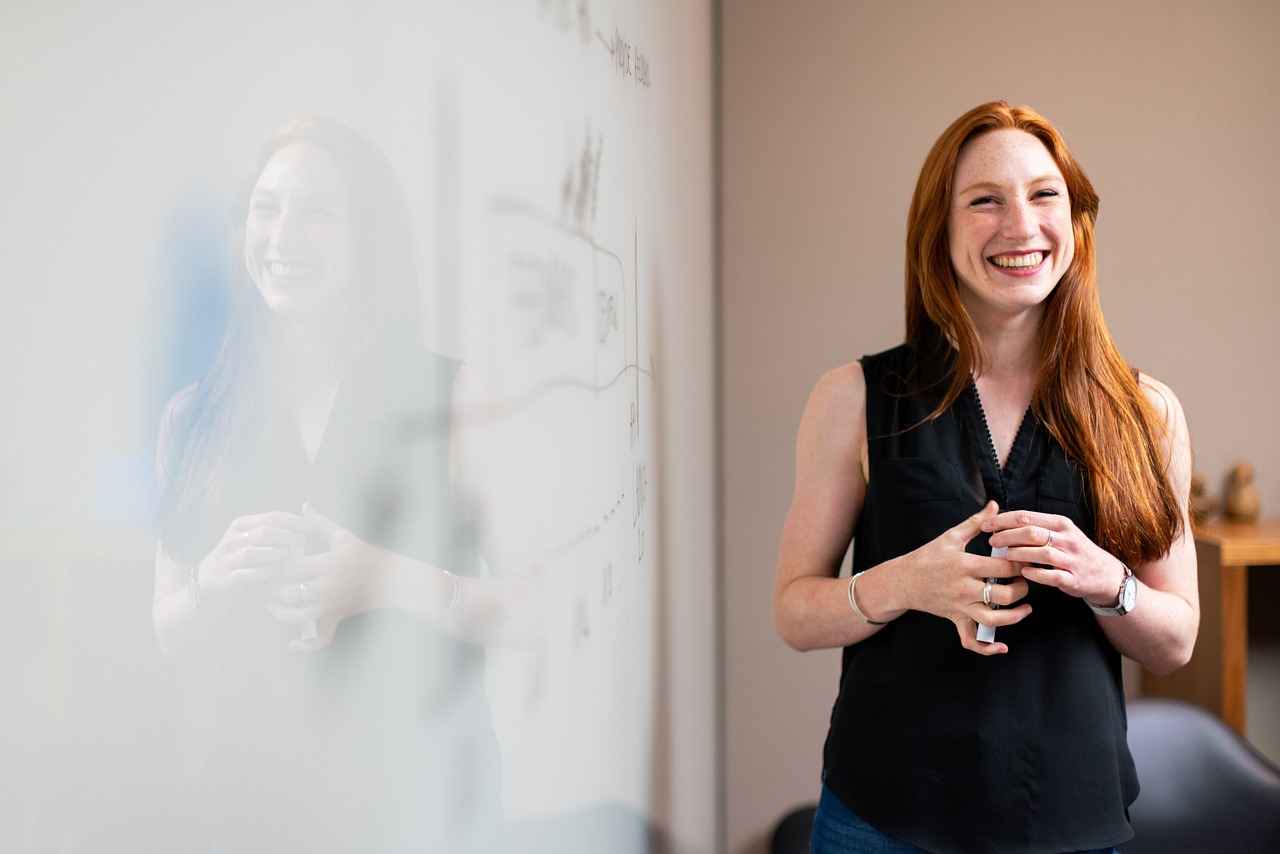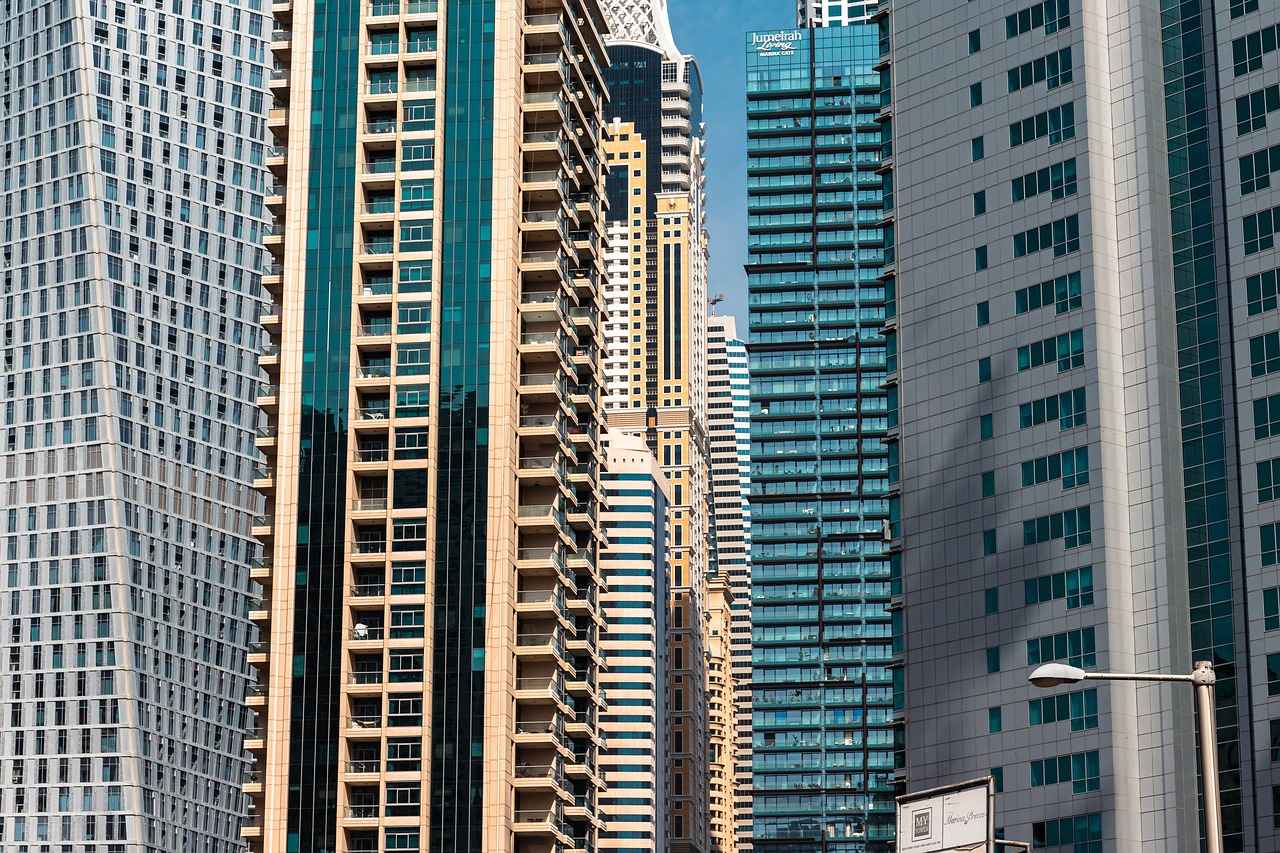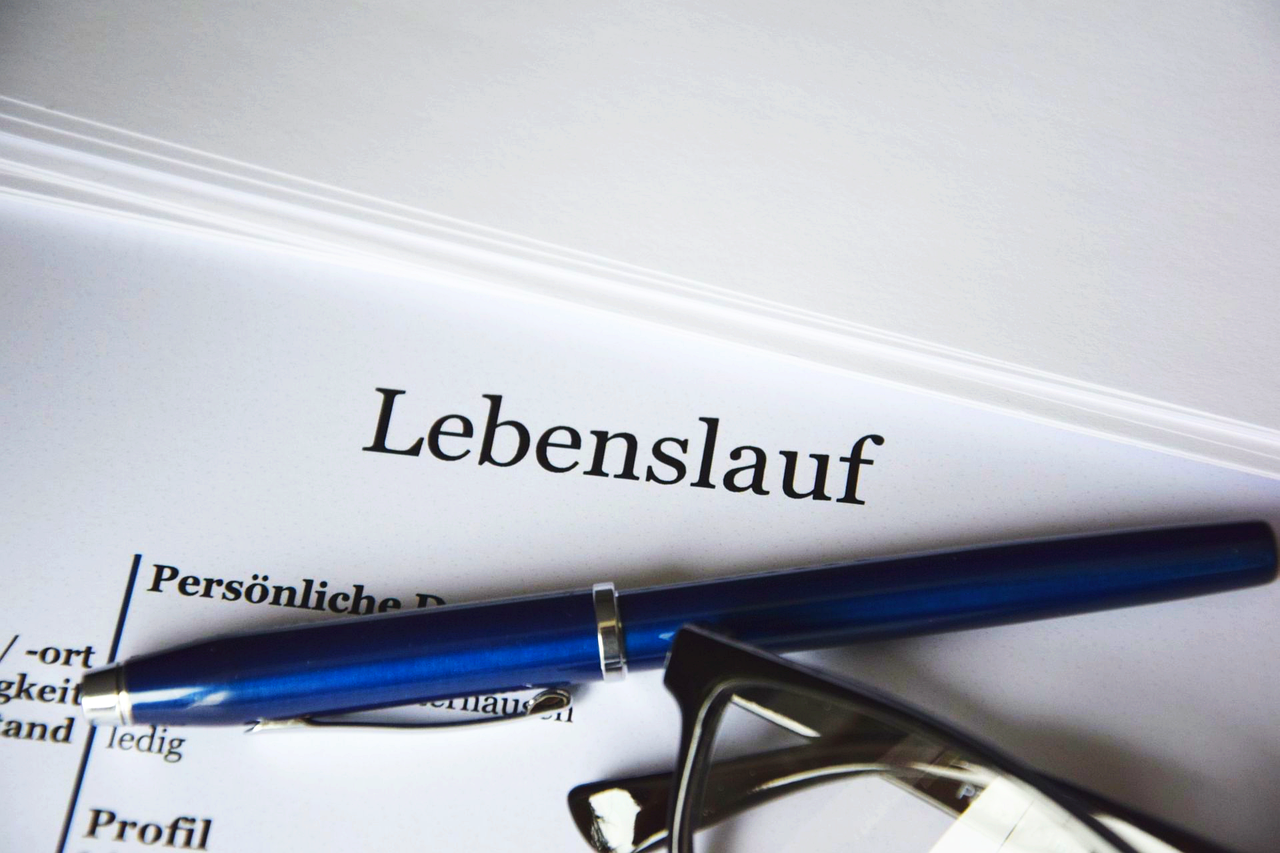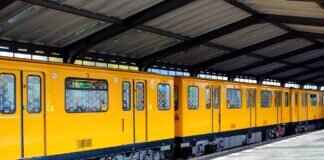This article serves as a comprehensive guide on how to secure a loan for your business start-up in 2025. It covers essential strategies, various types of loans, and expert tips to enhance your chances of approval.
Understanding Business Loans
Business loans are essential for start-ups seeking to establish themselves in the market. Unlike personal loans, business loans are specifically designed for business-related expenses, such as inventory, equipment, and operational costs. Understanding the fundamentals of business loans is crucial for making informed decisions.
Types of Business Loans Available
- Traditional Bank Loans: These loans are known for their reliability but often come with stringent eligibility criteria.
- SBA Loans: Backed by the Small Business Administration, these loans offer lower interest rates and longer repayment terms.
- Alternative Financing: Options such as peer-to-peer lending and crowdfunding can be viable for businesses that may not qualify for traditional loans.
Preparing Your Business Plan
A well-crafted business plan is vital for securing financing. It should include key elements like market analysis, financial projections, and operational plans. Lenders look for clarity and feasibility in your proposal.
Improving Your Credit Score
Your credit score plays a significant role in loan approval. To enhance your creditworthiness, consider strategies such as paying down existing debt and regularly monitoring your credit report for inaccuracies.
Gathering Required Documentation
Having the right documentation can streamline the loan application process. Essential documents include:
- Tax returns
- Financial statements
- Business licenses
- Legal agreements
By being well-prepared and informed about the loan process, you can significantly improve your chances of obtaining the necessary funding for your business start-up in 2025.

Understanding Business Loans
Business loans are essential financial tools for start-ups seeking to establish and grow their operations. These loans provide the necessary capital to cover initial expenses, such as inventory, equipment, and marketing costs. Unlike personal loans, which are typically based on an individual’s creditworthiness, business loans assess the potential of the business itself, including its revenue projections and operational plans.
One of the key differences between business loans and personal loans lies in the application criteria. Business loans often require a detailed business plan that outlines the company’s objectives, market analysis, and financial forecasts. Lenders look for a clear strategy that demonstrates the business’s ability to generate income and repay the loan. In contrast, personal loans usually focus on the borrower’s credit score and income alone.
Additionally, the importance of business loans cannot be overstated. They not only provide start-ups with the necessary funds to launch operations but also help build a business credit history, which can be beneficial for future financing needs. Securing a business loan can lead to greater opportunities for growth, enabling entrepreneurs to invest in their ventures without depleting personal savings.
Moreover, business loans come in various forms, including traditional bank loans, Small Business Administration (SBA) loans, and alternative financing options. Each type has its own set of requirements and benefits, making it crucial for entrepreneurs to understand their options and choose the one that best fits their needs.
In summary, understanding business loans is vital for any start-up. By grasping the fundamentals, including their significance and differences from personal loans, entrepreneurs can make informed decisions that will pave the way for their business success.

Types of Business Loans Available
When it comes to financing your business start-up, understanding the types of business loans available is crucial. Each option comes with its own set of advantages and disadvantages, catering to different needs and circumstances. This section delves into the most common types of business loans, enabling you to make an informed decision that aligns with your financial goals.
- Traditional Bank Loans: These loans are typically offered by banks and credit unions. They often come with competitive interest rates and longer repayment terms. However, the application process can be rigorous, requiring a solid credit history and detailed financial documentation.
- SBA Loans: Backed by the Small Business Administration, SBA loans are designed to support small businesses. They provide lower interest rates and longer repayment periods compared to conventional loans. The application process can be lengthy, but the benefits often outweigh the challenges.
- Alternative Financing: This category includes various non-traditional funding sources such as online lenders, peer-to-peer lending, and crowdfunding. While these options can be more accessible, they may come with higher interest rates and shorter repayment terms.
- Equipment Financing: If your business requires specific equipment, this type of loan can help you purchase or lease machinery. The equipment itself often serves as collateral, which can make securing this loan easier, especially for start-ups.
- Line of Credit: A business line of credit allows you to borrow funds up to a certain limit, providing flexibility to cover unexpected expenses. Interest is only paid on the amount drawn, making it a cost-effective option for managing cash flow.
By carefully evaluating these options, you can identify the best fit for your needs. Consider factors such as your credit score, the amount needed, and the time frame for repayment to ensure a successful financing journey.
Traditional Bank Loans
have long been a cornerstone for entrepreneurs seeking reliable financing for their business start-ups. These loans are typically offered by established financial institutions and are known for their structured repayment plans and competitive interest rates. Understanding the nuances of traditional bank loans is essential for any aspiring business owner.
To qualify for a traditional bank loan, applicants must meet specific eligibility requirements. These often include a solid credit score, usually above 650, a comprehensive business plan, and detailed financial statements. Banks want to see that you have a well-thought-out strategy for how you will use the funds and a clear path to profitability.
The application process for traditional bank loans can be intricate. It generally involves several steps:
- Preparation: Gather all necessary documents, including personal and business financial statements.
- Submission: Complete the loan application form, ensuring all information is accurate and complete.
- Review: The bank will conduct a thorough review, which may include background checks and credit assessments.
- Approval: If approved, you will receive a loan offer detailing the terms and conditions.
While traditional bank loans have their advantages, such as lower interest rates and longer repayment terms, they also come with disadvantages. The rigorous application process can be daunting, and banks typically require collateral, which may put your personal assets at risk. Additionally, if your credit history is less than stellar, securing a loan might prove challenging.
In summary, traditional bank loans can provide a reliable source of funding for your start-up, but it is crucial to weigh the pros and cons carefully. Understanding the eligibility criteria and navigating the application process effectively will enhance your chances of securing the financing you need to launch your business successfully.
Eligibility Criteria for Bank Loans
When seeking financing for your business start-up, understanding the eligibility criteria for bank loans is crucial. This knowledge not only prepares you for the application process but also enhances your chances of securing the necessary funds. Here are some common requirements you should be aware of:
- Credit Scores: Lenders typically look for a credit score of at least 650. A higher score can improve your chances significantly, as it reflects your creditworthiness and ability to repay the loan.
- Business Plans: A well-structured business plan is essential. It should outline your business model, target market, and financial projections. This document not only demonstrates your preparedness but also helps lenders understand your vision.
- Financial Statements: Providing accurate financial statements, including balance sheets and income statements, is critical. These documents showcase your current financial health and your ability to manage funds effectively.
- Collateral: Many banks require collateral to secure the loan. This could be in the form of property, equipment, or inventory. Having collateral can increase your chances of approval, as it reduces the lender’s risk.
- Business Experience: Lenders often prefer applicants with prior business experience. Demonstrating your ability to manage a business can instill confidence in lenders regarding your capability to succeed.
By understanding these eligibility criteria, you can better prepare your application and present yourself as a strong candidate for a bank loan. Ensure that all documents are accurate and up-to-date, as this will facilitate a smoother application process.
Furthermore, addressing any potential weaknesses in your application—such as low credit scores—before submitting can be beneficial. Consider seeking advice from financial advisors or mentors to strengthen your application and improve your chances of approval.
Application Process Overview
Navigating the application process for a traditional bank loan can be overwhelming, especially for first-time applicants. Understanding each step is crucial to ensure that your application stands out and meets the lender’s requirements. Below is a step-by-step guide designed to simplify the process and enhance your chances of securing the funding you need for your business.
- Step 1: Research Lenders – Begin by identifying banks that offer loans tailored to your business needs. Look for lenders with favorable terms, interest rates, and a reputation for supporting start-ups.
- Step 2: Assess Your Financial Needs – Determine how much funding you require and how it will be used. This clarity will help you present a compelling case to lenders.
- Step 3: Prepare Your Documentation – Gather all necessary documents, including your business plan, financial statements, tax returns, and personal credit history. Having these ready will streamline your application process.
- Step 4: Complete the Application Form – Fill out the loan application form accurately. Be prepared to provide detailed information about your business, including its structure, revenue projections, and market analysis.
- Step 5: Submit Your Application – Once your application is complete, submit it along with your supporting documents. Ensure that everything is organized and clearly labeled to facilitate the review process.
- Step 6: Follow Up – After submission, follow up with the lender to confirm receipt and inquire about the timeline for decision-making. This shows your genuine interest and commitment.
- Step 7: Be Prepared for Questions – Lenders may reach out for additional information or clarification. Be ready to answer questions promptly and provide any further documentation required.
By following these steps, you can navigate the application process more effectively and submit a strong application that increases your chances of securing a traditional bank loan.
SBA Loans: A Viable Option
SBA loans have gained immense popularity among start-up businesses due to their unique advantages tailored for new entrepreneurs. These loans, backed by the Small Business Administration, offer a range of benefits that can significantly ease the financial burden of starting a new venture.
One of the most appealing features of SBA loans is their lower interest rates. Compared to traditional bank loans, SBA loans typically have more favorable rates, allowing businesses to save money over the life of the loan. This aspect is particularly beneficial for start-ups, which often operate on tight budgets and need to minimize expenses wherever possible.
In addition to lower interest rates, SBA loans also provide longer repayment terms. While many conventional loans require repayment within a few years, SBA loans can extend up to 25 years for real estate purchases. This extended timeline can ease cash flow pressures, allowing new businesses to invest in growth and development without the constant worry of looming payments.
Flexibility is another key advantage of SBA loans. These loans can be used for various purposes, including purchasing equipment, inventory, or even working capital. This versatility makes them an ideal choice for start-ups looking to cover diverse expenses as they establish their operations.
Moreover, the application process for SBA loans is often more straightforward than that of traditional loans. While it does require thorough documentation, the SBA provides resources and support to help applicants navigate the process. This assistance can be invaluable for entrepreneurs who may be unfamiliar with loan applications.
Finally, securing an SBA loan can enhance a start-up’s credibility. Being associated with a government-backed program can instill confidence in potential investors and partners, making it easier to build relationships and secure additional funding in the future.
In summary, SBA loans present a viable option for start-ups, offering lower interest rates, longer repayment terms, and a flexible approach to financing. These advantages make them an attractive choice for entrepreneurs looking to launch their businesses successfully.

Preparing Your Business Plan
When it comes to securing a loan for your business start-up, a well-crafted business plan is not just important—it is essential. Lenders evaluate your business plan to gauge the viability of your venture and your ability to repay the loan. Thus, understanding how to create a compelling business plan can significantly enhance your chances of obtaining the financing you need.
First and foremost, your business plan should clearly outline your business concept. This includes a detailed description of your products or services, your target market, and what sets you apart from competitors. Highlighting your unique selling proposition (USP) can make a significant impact on potential lenders.
Next, include a thorough market analysis. This section should demonstrate your understanding of the industry landscape, including market trends, customer demographics, and competitive analysis. Use data and statistics to back your claims, as this adds credibility to your plan.
Another crucial element is your financial projections. Lenders want to see realistic forecasts for revenue, expenses, and profitability over the next three to five years. Include detailed financial statements, such as income statements, cash flow projections, and balance sheets. This not only shows that you have a plan for growth but also that you understand the financial aspects of running a business.
- Executive Summary: A concise overview of your business plan, summarizing key points.
- Marketing Strategy: Outline how you plan to attract and retain customers.
- Operational Plan: Describe the day-to-day operations and logistics of your business.
Finally, be mindful of common mistakes that can undermine your business plan. Avoid vague language, overly optimistic projections, and neglecting to proofread for errors. A polished, professional document reflects your commitment and attention to detail, which can impress lenders.
By focusing on these critical components, you can create a business plan that not only meets lender expectations but also serves as a roadmap for your entrepreneurial journey.
Key Elements of a Business Plan
Creating a successful business plan is a critical step for any entrepreneur seeking financing. Lenders evaluate several key components when reviewing a business plan, ensuring they understand the potential risks and rewards associated with your venture. Here, we delve into the essential elements that can significantly enhance your proposal and increase your chances of securing a loan.
- Market Analysis: A comprehensive market analysis demonstrates your understanding of the industry landscape. Include details about your target market, potential customer demographics, and an assessment of your competitors. Highlighting market trends and growth opportunities can further convince lenders of your business’s viability.
- Financial Projections: Lenders want to see realistic financial projections that outline your expected revenue, expenses, and profitability over the next few years. This section should include detailed forecasts, such as cash flow statements, income statements, and balance sheets. Providing data-backed assumptions for your projections will enhance credibility.
- Operational Plans: A clear operational plan outlines how your business will function on a day-to-day basis. Include information about your business structure, management team, and staffing needs. Describe your production process, supply chain logistics, and any technology or equipment required to run your operations smoothly.
- Marketing Strategy: Explain how you plan to attract and retain customers. Detail your marketing channels, promotional strategies, and sales tactics. A well-thought-out marketing strategy demonstrates to lenders that you have a plan for generating revenue and sustaining growth.
- Risk Assessment: Addressing potential risks shows that you are aware of challenges that may arise. Include a risk management plan that outlines how you will mitigate these risks, reassuring lenders that you are prepared for uncertainties.
By focusing on these key elements, you can create a compelling business plan that not only meets lender expectations but also serves as a roadmap for your business’s success. Remember, clarity and detail are essential in each section to make a strong impression.
Common Mistakes to Avoid
When seeking a loan for your business start-up, avoiding common pitfalls is essential for enhancing your chances of approval. Many entrepreneurs inadvertently make mistakes in their business plans that can jeopardize their funding opportunities. This section will explore some of the most frequent errors and provide guidance on how to steer clear of them.
- Lack of Clear Objectives: One common mistake is failing to define clear and measurable objectives for your business. Lenders want to see a well-articulated vision that outlines your goals and the steps you plan to take to achieve them.
- Insufficient Market Research: Entrepreneurs often underestimate the importance of comprehensive market research. A lack of understanding of your target market can lead to unrealistic financial projections and a weak business case.
- Overly Optimistic Financial Projections: While it’s important to be optimistic, presenting overly ambitious financial projections can raise red flags for lenders. Ensure your projections are based on realistic assumptions and backed by data.
- Neglecting to Address Risks: Failing to identify potential risks and challenges can make your business plan appear naive. Lenders appreciate a plan that acknowledges risks and outlines strategies for mitigating them.
- Poor Presentation: The presentation of your business plan matters. A disorganized or poorly formatted document can detract from the quality of your ideas. Take the time to ensure your plan is professional, well-structured, and free of errors.
- Ignoring the Competition: Many entrepreneurs overlook a thorough competitive analysis. Understanding your competition and articulating how you plan to differentiate your business is crucial for convincing lenders of your viability.
By being aware of these common mistakes and taking proactive steps to address them, you can significantly improve your business plan and enhance your chances of securing the funding you need. Remember, a well-prepared business plan not only increases your chances of loan approval but also serves as a roadmap for your business’s future.

Improving Your Credit Score
Your credit score is a crucial factor that lenders consider when evaluating your loan application. A higher credit score can significantly improve your chances of loan approval, while a lower score may hinder your ability to secure funding. This section provides essential strategies to enhance your credit score, ensuring you present yourself as a reliable borrower.
A credit score is a numerical representation of your creditworthiness, typically ranging from 300 to 850. Lenders use this score to assess the risk of lending you money. Factors influencing your score include:
- Payment History: Your record of on-time payments plays a significant role.
- Credit Utilization: The ratio of your current credit card balances to credit limits.
- Length of Credit History: A longer credit history can positively impact your score.
- Types of Credit: A mix of credit types (credit cards, loans) can be beneficial.
- New Credit: Opening multiple new accounts in a short period can lower your score.
To enhance your credit score before applying for a loan, consider the following strategies:
- Pay Your Bills on Time: Consistently making payments on time is one of the most effective ways to boost your score.
- Reduce Outstanding Debt: Paying down existing debt can improve your credit utilization ratio.
- Dispute Errors on Your Credit Report: Regularly review your credit report for inaccuracies and dispute any errors you find.
- Limit New Credit Applications: Avoid applying for new credit cards or loans in the months leading up to your loan application.
- Consider Becoming an Authorized User: If you have a family member or friend with a good credit history, ask if you can be added as an authorized user on their credit card.
Regular monitoring of your credit report is essential for maintaining a healthy credit score. You can access your credit report for free once a year from each of the three major credit bureaus. When reviewing your report, pay attention to:
- Any late payments or defaults.
- Account balances and credit limits.
- Inquiries made by lenders.
By staying informed about your credit status, you can take proactive steps to address any issues that may arise.
Steps to Boost Your Credit Score
Improving your credit score is an essential step in securing a loan for your business start-up. A higher credit score not only enhances your chances of loan approval but can also lead to better interest rates. Here are some effective strategies to boost your credit score before you apply for financing.
- Pay Down Existing Debt: Reducing your outstanding debt is one of the most impactful actions you can take. Focus on paying off high-interest credit cards first, as this will lower your credit utilization ratio, which is a significant factor in your credit score.
- Dispute Inaccuracies: Regularly review your credit report for any errors. If you find inaccuracies, dispute them with the credit bureaus. Correcting these mistakes can have a quick and positive effect on your score.
- Make Payments on Time: Consistently paying your bills on time is crucial. Set up reminders or automatic payments to ensure you never miss a due date, as payment history is one of the most critical factors in calculating your credit score.
- Limit New Credit Applications: Each time you apply for credit, a hard inquiry is made, which can slightly lower your score. Limit applications to only when necessary, and try to space them out over time.
- Keep Old Accounts Open: The length of your credit history matters. Keeping older accounts open can positively influence your score, even if you don’t use them frequently. Just ensure there are no annual fees associated with these accounts.
By implementing these strategies, you can take significant steps toward enhancing your creditworthiness. Remember, improving your credit score is a gradual process, but the effort will pay off when it comes time to apply for your business loan.
Monitoring Your Credit Report
is a crucial aspect of maintaining financial health, especially when you are preparing to secure a loan for your business start-up. Regular checks can help you stay informed about your credit status and identify any potential issues before they escalate.
To begin monitoring your credit report, you can access it through various online platforms. The most reliable sources include AnnualCreditReport.com, which provides free access to your report from the three major credit bureaus: Experian, TransUnion, and Equifax. You are entitled to one free report from each bureau every year, allowing you to spread your requests throughout the year for ongoing oversight.
When reviewing your credit report, there are several key elements to focus on:
- Personal Information: Ensure that your name, address, and Social Security number are accurate.
- Credit Accounts: Check the details of your credit accounts, including balances, payment history, and account status.
- Inquiries: Look for hard inquiries, which occur when lenders check your credit for loan applications.
- Public Records: Be aware of any bankruptcies, liens, or judgments that may negatively impact your score.
If you discover any discrepancies or inaccuracies, it’s important to address them promptly. You can dispute errors by contacting the credit bureau directly, providing evidence to support your claim. The bureau is required to investigate your dispute, typically within 30 days.
In summary, regularly monitoring your credit report not only helps you understand your financial standing but also empowers you to take corrective actions when necessary. This proactive approach is essential for ensuring a smooth loan application process for your business start-up.

Gathering Required Documentation
When it comes to securing a loan for your business start-up, gathering the right documentation is essential. Having the necessary paperwork not only expedites the application process but also increases your chances of approval. Below, we outline the key documents you need to prepare before submitting your loan application.
One of the first things lenders look for are your financial statements. These documents provide a clear picture of your business’s financial health. The primary financial documents you should include are:
- Balance Sheet: This shows your assets, liabilities, and equity at a specific point in time.
- Income Statement: Also known as a profit and loss statement, this outlines your revenues and expenses over a period, demonstrating your profitability.
- Cash Flow Statement: This document tracks the flow of cash in and out of your business, highlighting your liquidity.
Your tax returns are another critical component of your loan application. Lenders typically request at least the last two years of personal and business tax returns to assess your financial stability and tax compliance. Ensure these documents are accurate and up-to-date.
Besides financial statements and tax returns, consider including the following:
- Business Plan: A well-structured business plan can provide context to your financial documents and outline your business strategy.
- Legal Documents: Include your business licenses, permits, and any legal agreements that may pertain to your business operations.
- Personal Financial Statements: If you are a sole proprietor or if your personal finances are tied to your business, lenders may request your personal financial statements.
By ensuring that you have all these documents prepared and organized, you can streamline the loan application process and present yourself as a serious and credible borrower.
Financial Statements and Tax Returns
When applying for a business loan, understanding the significance of financial statements and tax returns is essential. These documents are not just formalities; they are critical indicators of your business’s financial health and stability. Lenders rely heavily on these documents to assess the risk associated with lending to you.
Financial Statements typically include the balance sheet, income statement, and cash flow statement. Each of these provides a different perspective on your business’s financial condition:
- Balance Sheet: This document offers a snapshot of your assets, liabilities, and equity at a specific point in time, allowing lenders to evaluate your net worth.
- Income Statement: Also known as the profit and loss statement, it reveals your revenues, costs, and expenses over a certain period, showcasing your profitability.
- Cash Flow Statement: This statement tracks the flow of cash in and out of your business, giving insights into your liquidity and operational efficiency.
Tax Returns are equally important, as they provide a comprehensive overview of your earnings and tax obligations. Lenders typically request at least two years of tax returns to verify your reported income and ensure consistency with your financial statements.
To present these documents effectively:
- Organize Your Documents: Ensure your financial statements and tax returns are well-organized and easily accessible. Use clear labels and maintain a consistent format.
- Be Transparent: If there are discrepancies or unusual entries in your financial statements, provide explanations. Transparency builds trust with lenders.
- Seek Professional Help: Consider hiring an accountant or financial advisor to prepare your documents. Their expertise can enhance the credibility of your submissions.
In summary, by understanding and effectively presenting your financial statements and tax returns, you can significantly improve your chances of securing a loan for your business start-up.
Additional Documentation Needs
When applying for a business loan, it is essential to present a comprehensive and well-organized application. In addition to your financial documents, there are several other pieces of paperwork that can significantly bolster your application. This section highlights the importance of these additional documents and provides examples of what you may need to include.
Business Licenses and Permits
Having the appropriate business licenses and permits is crucial for demonstrating that your business is operating legally. These documents not only validate your business’s legitimacy but also show lenders that you are compliant with local regulations. Depending on your industry, you may require specific licenses, such as:
- General business license
- Professional licenses (for services like healthcare or legal advice)
- Health permits (for food-related businesses)
- Building permits (for construction or renovation projects)
Legal Agreements
Including relevant legal agreements can further strengthen your application. These may include:
- Partnership agreements
- Lease agreements for your business location
- Contracts with suppliers or clients
- Non-disclosure agreements (NDAs) if applicable
These documents provide evidence of your business’s operational framework and can reassure lenders about the stability and reliability of your business model.
Resumes of Key Management
Another important component is the inclusion of resumes for key management personnel. These documents should highlight relevant experience and skills, showcasing the expertise of your team. Lenders want to see that your business is led by individuals who have the knowledge and background necessary for success.
By gathering these additional documents, you not only enhance your application but also demonstrate your commitment to transparency and professionalism. This proactive approach can significantly improve your chances of securing the funding you need for your business start-up.
Frequently Asked Questions
- What types of business loans are available for start-ups?
There are several types of business loans you can explore, including traditional bank loans, SBA loans, and alternative financing options. Each type has its own set of requirements and benefits, so it’s essential to choose one that aligns with your business needs.
- How can I improve my chances of getting a loan?
Improving your credit score is a key factor in securing a loan. You can achieve this by paying down existing debts, ensuring timely payments, and disputing any inaccuracies on your credit report. Additionally, having a solid business plan can significantly enhance your chances.
- What documents do I need to apply for a business loan?
Typically, you will need financial statements, tax returns, a detailed business plan, and any relevant legal documents such as business licenses. Having these documents ready can streamline your application process and make a strong impression on lenders.
- How long does the loan approval process take?
The loan approval process can vary widely depending on the lender and the type of loan. Generally, it can take anywhere from a few days to several weeks. Being prepared with all necessary documentation can help speed up the process.
- Are SBA loans a good option for start-ups?
Absolutely! SBA loans are often considered a viable option for start-ups due to their lower interest rates and longer repayment terms. They can provide the financial support you need while allowing you to manage your cash flow effectively.















